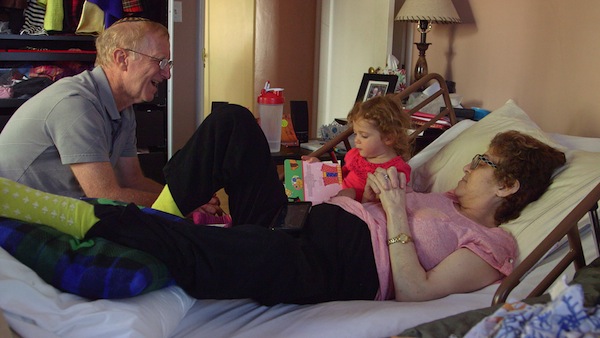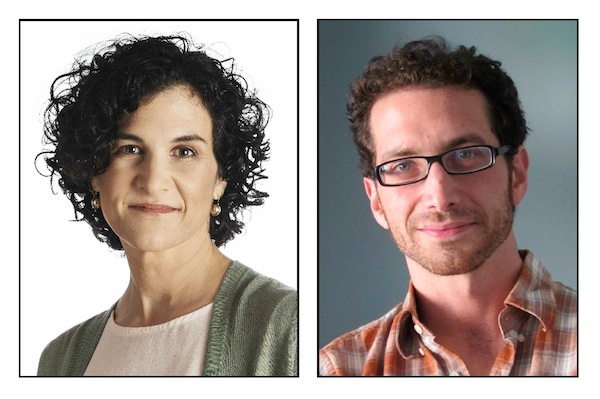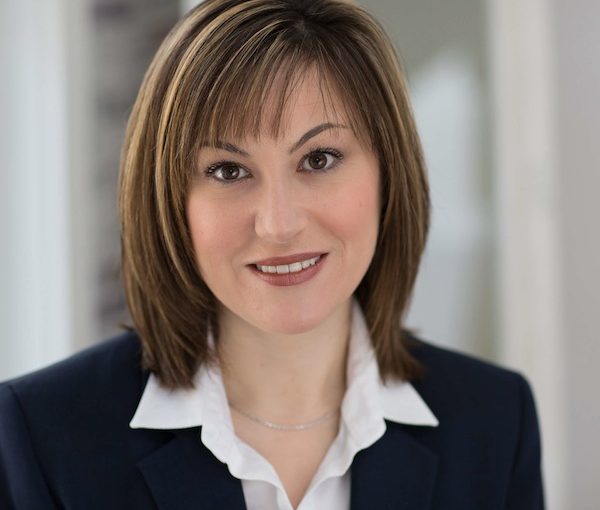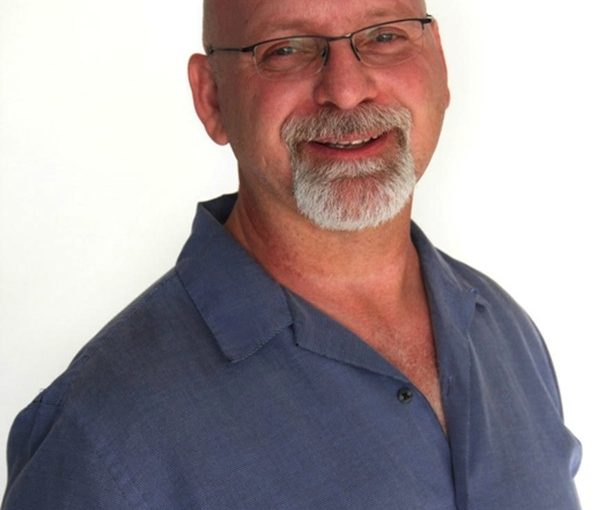On Feb. 14, Jewish Seniors Alliance presented the third of its 2021/22 Empowerment Series. The event – Care for the Caregiver – was co-sponsored with L’Chaim Adult Day Centre and the Council of Senior Citizens’ Organizations of British Columbia, and the program was presented by Royce Shook of COSCO’s Health and Wellness Institute and Leah Deslauriers, administrator of L’Chaim.
Gyda Chud, co-president of JSA welcomed everyone and thanked the agency’s partners for participating.
Barb Mikulec, vice-president of COSCO, explained that COSCO is a nonprofit group for seniors helping seniors and that its Health and Wellness Institute presents many free workshops on seniors issues. She introduced Shook, who has been in the field of education for more than 40 years and has worked in curriculum studies. He advises or serves on various seniors committees/councils.
Shook spoke about the stress and burnout experienced by caregivers. In Canada, he said, there are approximately five million unpaid caregivers supporting family members; an economic value of $6 billion to $9 billion.
Caregivers provide both physical and emotional support, he said. This role could involve home management, such as bill paying, grocery shopping, driving to appointments, cooking and cleaning. For the caregivers, they may benefit from a sense of personal satisfaction and a sense of purpose. They learn more about their inner strength and gain a purpose in life by the act of helping. They can help pull family and friends together, but there will be changes in family dynamics and relationships. At times, the recipients of care may be resentful at their loss of independence and privacy.
There is an emotional impact on the caregiver in that they may worry about not being strong enough to carry the load. At the same time, they may avoid asking for help, and this could lead to burnout, Shook warned. There are a number of warning signs to watch for, such as a loss of energy, the neglect of personal needs, trouble relaxing, irritability with the senior and isolation. To avoid burnout, he advised caregivers to learn about the disease or condition plaguing the senior and take any help that is offered for that condition. Know your limits and specify them to others, i.e. family and friends, sharing the burden with them. Make sure to have regular breaks, and talk with others about your feelings.
Communication is very important, he said. Keep up to date on information from the health team. Let the recipient of the care lead, try to be a good listener and maintain eye contact. Always remember that the person has changed, so avoid giving advice or quarreling over minor issues. Do not say, “I know how you are feeling,” but instead say, “How do you feel?” Have a consent form so you can accompany the recipient to the doctor and have questions ready and take notes. There are three major areas of decision-making that need to be arranged with the recipient and not for them, said Shook. These are medical, the need for a representation agreement; legal, power of attorney; and financial, also covered by power of attorney.
Always remember to take care of yourself by accessing, for example, adult day care for respite, home help and community support groups. There is no such thing as a perfect caregiver. Always remember to respond to the present situation and not to the person you once knew. If you don’t care for yourself, you can’t care for others, he said.
After Shook completed his presentation, Eireann O’Dea introduced Deslauriers, who, prior to joining L’Chaim five years ago, was the coordinator of the seniors program at the Jewish Community Centre of Greater Vancouver. She has also been active in seniors housing issues and is a family caregiver for her parents.
L’Chaim is one of 12 adult day centres in the region funded by Vancouver Coastal Health. Referrals are made by a caseworker at the health unit and the programs provide stimulation for the recipients and respite for the caregivers.
At L’Chaim, clients arrive about 10 a.m. and have a light breakfast after which the programs begin. The morning may consist of word games, followed by news and a discussion. A full lunch is served during which socialization is encouraged. The afternoon consists of a guest speaker and/or a musical program. Clients are usually picked up about 3 p.m. Any pertinent information is passed on to the caregivers.
L’Chaim is similar to other centres but it is culturally Jewish. It is funded for 13 clients/day, three days/week and costs $10/day. More information is available at lchaim.ca.
A list of resources for caregivers will be made available on the JSA website, jsalliance.org. Also watch the website for information on the next Empowerment program, April 26, in co-sponsorship with Jewish Family Services, and the Spring Forum on May 15.
Shanie Levin is program coordinator for Jewish Seniors Alliance and on the editorial board of Senior Line magazine.




